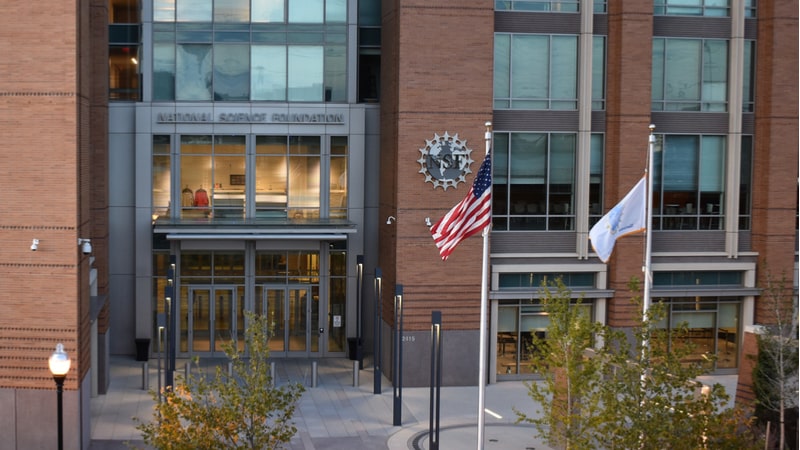
One of the Federal government’s foremost technology professionals has a message for innovators seeking to transform Federal organizations and systems: don’t be afraid to fail.
That was a key takeaway from Dorothy Aronson, Chief Information Officer for the National Science Foundation (NSF), as she spoke on Aug. 17 at an event titled “Stuck in Neutral: How to Jumpstart Change in Gov.” GovLoop sponsored the online forum, which featured speakers from government and the private sector.
During her Q&A segment, “Why Agility Matters in Transformation,” Aronson said she frequently hears from NSF employees who are hesitant to transform their IT mentality for fear of failure, even as many embrace change.
“It’s very hard to change,” she said. “First off, it’s hard to allow yourself to be proud of a failure…I have these conversations every day with people, and they’re like ‘I’m not sure if it’s going to work, and I say ‘just try it…if it works, then build on that.’”
Aronson, who was recognized as one of FedScoop’s Top Women in Technology for 2018, won plaudits for her response to the COVID-19 pandemic. NSF was one of the first agencies to shift to a 100 percent telework model, while keeping its research programs moving.
NSF has also been quickly integrating the zero trust security architecture that is a priority for Federal agencies as it moves to modernize its IT infrastructure.
The agency, which is the major source of Federal backing for research in fields including mathematics and computer science, has been in the news because of the Chips and Science Act that President Biden signed last week. Under the new law, NSF is slated to receive $81 billion over five years as part of $100 billion overall for scientific research and development activities.
Aronson didn’t mention the measure during her talk, but she had plenty to say about innovation at the NSF, which she said began transforming its systems about a decade ago.
“I’m very lucky because I have a customer base that’s always thinking about the future. Their obsession is discovery,” she said. “They’re thinking 5-10 years ahead, they’re imagining a better future already.”
Despite the workforce’s predisposition to agility and transformation, Aronson said she still encounters “those people who don’t want to move at all. I think of them as a continuum of people who need to be continuously inspired to move forward.”
A particular challenge, Aronson said, is balancing the NSF’s creative mindset with the certainty that its IT systems must be updated. “We have to think in terms of how to support the continuous rapid modernization and changes that are happening, and at the same time, maintain the sanctity and quality of our data,” she said.
Asked what message she wanted to leave with the online audience, Aronson concluded by noting: “I think we have to learn to be happy in an ever-changing world. And that’s it. I’m chasing happiness in the framework of a world that is constantly changing.”
